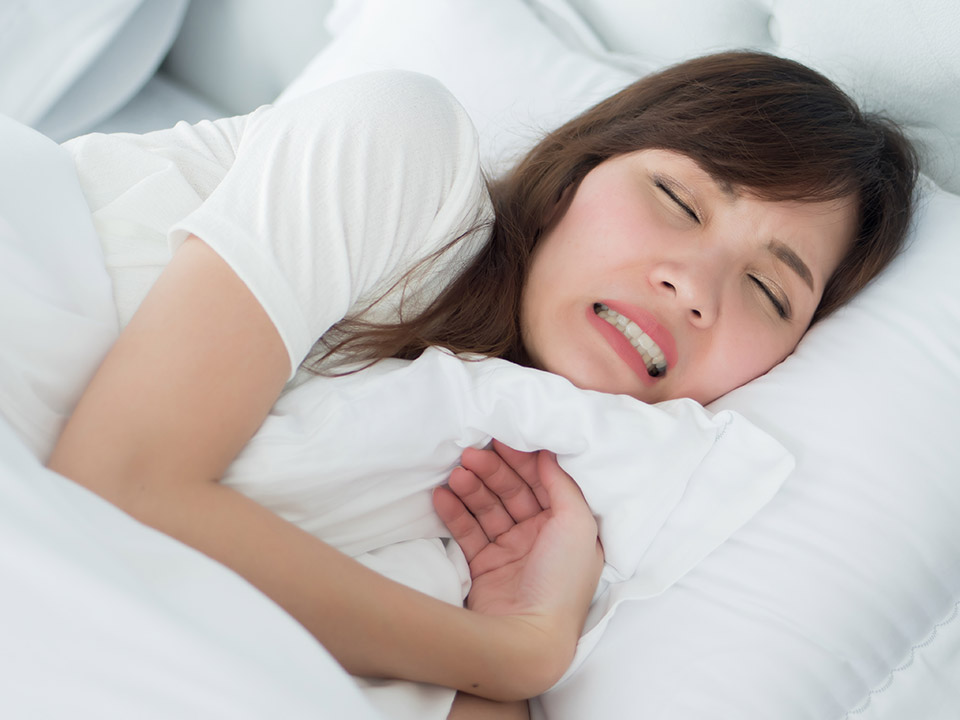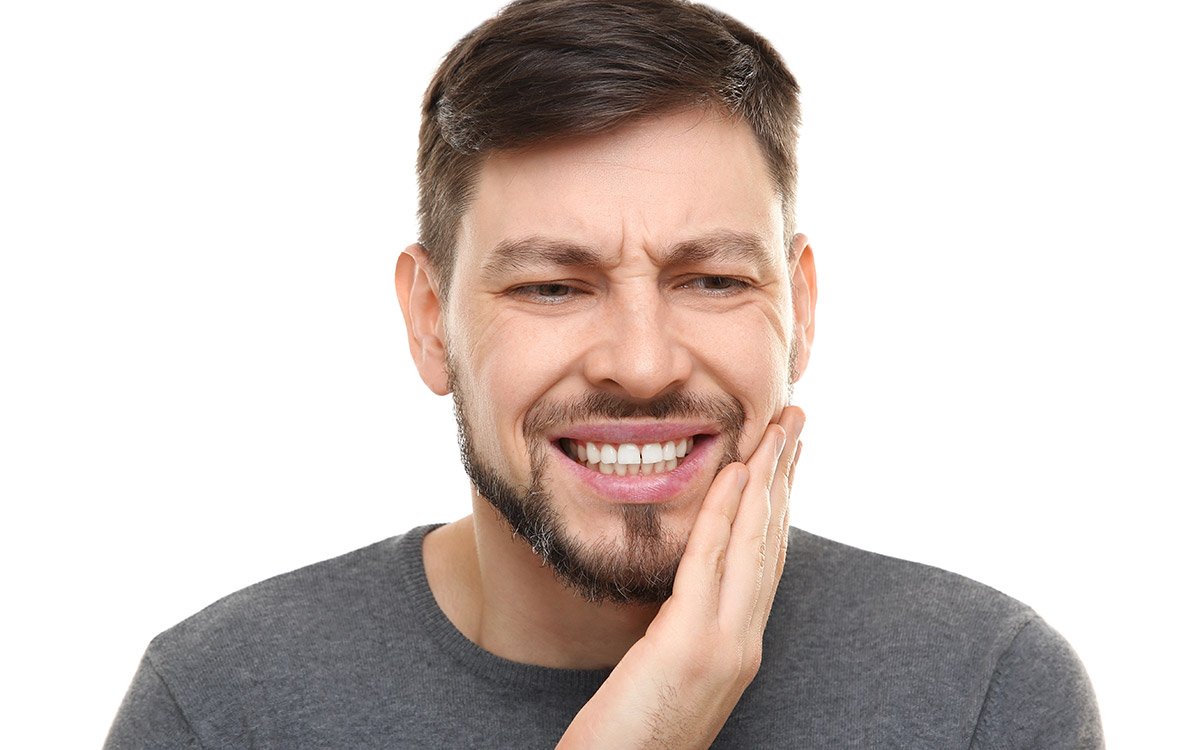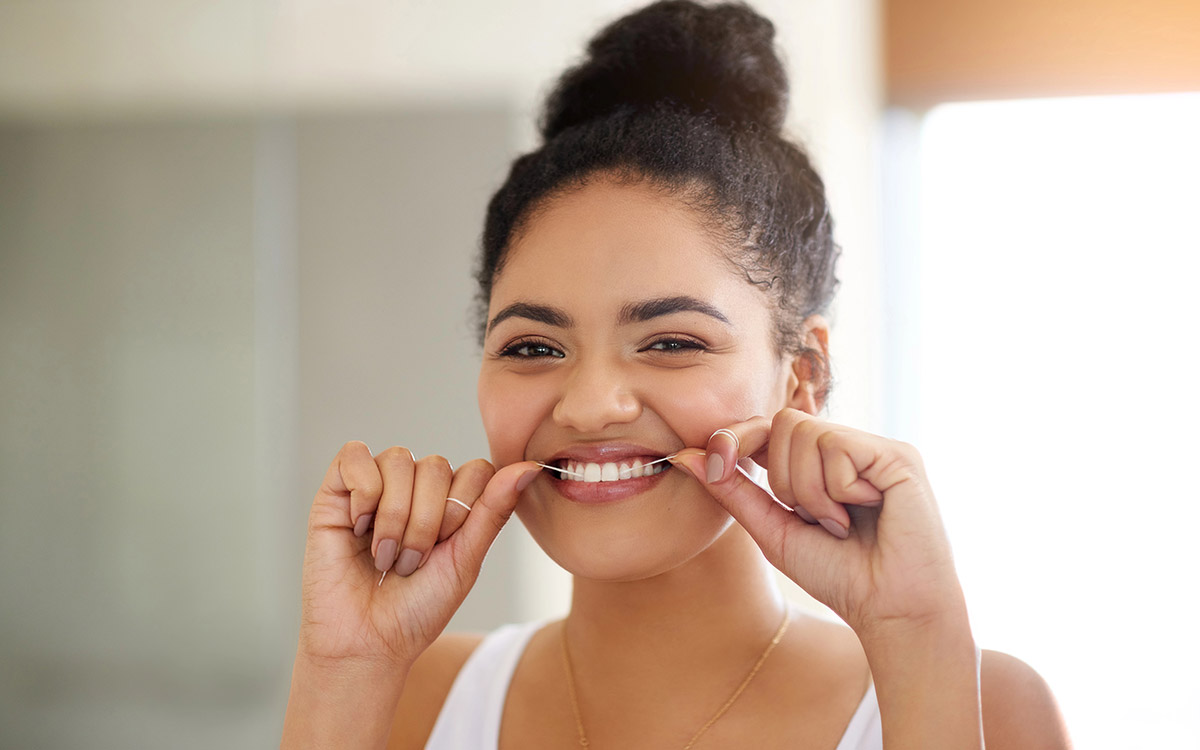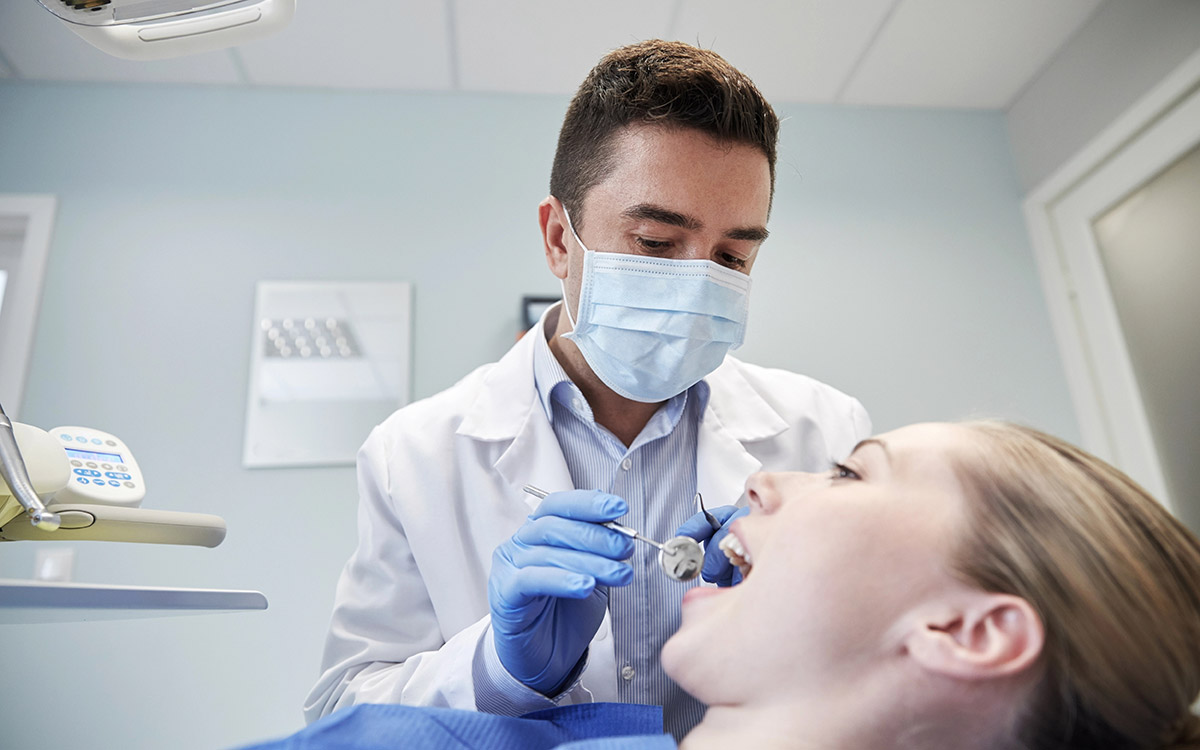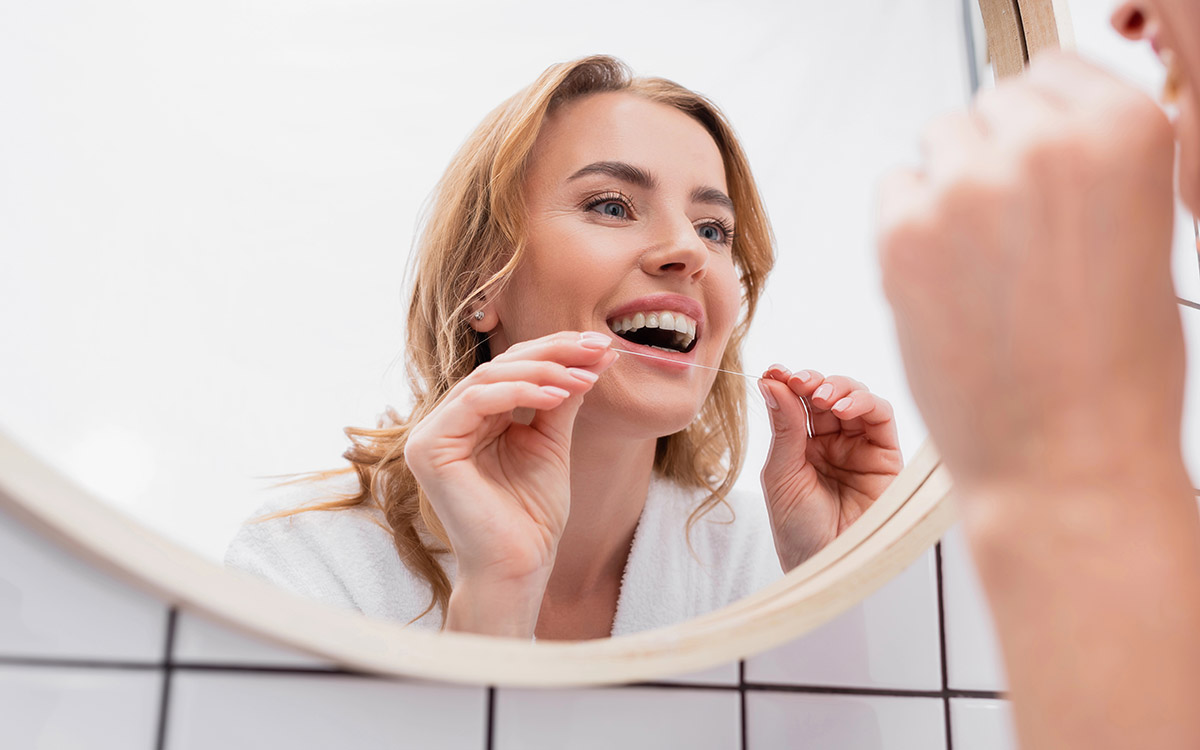Bruxism is a habit that continues to thrust your jaws and grind or clench your teeth. It affects your oral health. For that reason, your teeth may break or crack, leading to dental issues with your gums. Children and adults both may be affected due to pressure mounted on jaws and teeth. Patients who are anxious or feeling stress may clench their teeth or hurt their jaw muscles. This habit is also known as bruxism. Managing teeth and jaw under pressure is critical, as it can cause critical issues with our oral health.
Reasons for Teeth Grinding and Jaw Clenching
Researchers are still evaluating the exact cause of bruxism. They believe that several factors are involved, which lead people to resort to clenched teeth and increasing pressure on their jaws. Stress, anxiety, or social withdrawal can lead to grinding of teeth or clenching of jaws. The children develop the habit of bruxism when they lose their baby teeth and develop permanent teeth. Some adults and children bite their nails by grinding their teeth and clenching their jaws. According to clinical studies conducted, it is seen that patients who are chain smokers or alcoholics resort to bruxism unconsciously while sleeping more often than others. Increased coffee consumption can also increase this risk. Some illegal drugs can cause people to grind their teeth and slam their jaws.
When should you consult a dentist?
Patients suffering from bruxism may experience tooth sensitivity with hot or cold drinks. They may suffer from jaw pain or headaches while eating food. Some may suffer from cracked teeth or fillings in between their teeth. Various clinical studies show how best to treat it. Decreasing or quitting tobacco use and limiting how much caffeine you eat or drink can relieve bruxism. You may seek counseling to help identify when you are doing it while awake and develop ways to relax or keep your mind calm. Your dentist or consulting physician may offer you various options regarding the medications you need to take. A dentist may suggest an oral appliance fitted inside your mouth depending upon your presenting symptoms and susceptibility to your present condition. The oral appliance that is fitted in your mouth is a plastic tray that fits over your upper or lower teeth according to the assessment performed by your dentist. Your gums and teeth may remain protected while using the appliance, as it reduces grinding, clenching, and thrusting.
Associated Symptoms of Bruxism
Symptoms of bruxism can include anxiety, injury, inflammation, stress, and overexertion or clenching of teeth. It may cause tightness in the jaws and also cause facial muscle aches. The surrounding muscles control movements, such as opening and closing the mouth, chewing, and yawning. Depending on the cause, a person may experience jaw tightness on the left, right, or both sides of the jaw. It may come on suddenly or gradually and can last for long periods. Tension or pain may occur while stretching the jaw. A person may loosen the jaw muscles with exercises, stress relief techniques, or by using a mouthguard. Temporomandibular joint (TMJ) disorders affect the joint that connects the skull and the lower jaw, as well as the surrounding muscles. According to the National Institute of Dental and Craniofacial Research, an estimated 10 million people in the United States experience at least one TMJ disorder. TMJ disorders can occur due to grinding or clenching of the teeth.
Common Conditions Associated with Bruxism
Patients suffering from bruxism may also exhibit symptoms of inflammation due to infections or autoimmune diseases. The symptoms of TMJ disorders vary, depending on the cause. The Centers for Disease Control and Prevention (CDC) recommends a vaccine based on age. It also recommends the DTaP vaccine for children and infants, the Tdap booster vaccine for adolescents, and the Td vaccine for adults. Rheumatoid arthritis (RA) is a chronic autoimmune disorder that causes inflammation in the joints. Approximately 50% of people with RA may suffer from bruxism due to TMJ symptoms. RA can cause the following symptoms: pain, inflammation, and stiffness of the jaw joints; low-grade fever; unintended weight loss; and bumps under the skin of the joints. Bruxism is also experienced by patients with osteoarthritis (OA) that usually develops over the age of 65. Although OA affects the jaw, the patient may manifest symptoms in the hands, knees, and hips.
Management of Bruxism
A person can relieve tightness and pain in the jaw with the following methods: Jaw joint stretches. Jaw joint increases jaw range of motion and reduces TMJ symptoms. Try the following jaw stretches: Relaxes the jaw and stretches and rests the tip of the tongue behind the upper front teeth. Lower the bottom jaw so that the lower teeth come away from the upper teeth. Remember to keep the jaw muscle relaxed. Acupuncture, antidepressants for pain relief, hot and cold compresses, corticosteroid injections, and anti-inflammatory drugs for tight jaw treatments may help ease pain and the repeated incidence of bruxism.
Treatment for tooth bruxism involves therapy using mouth guards and mouth splints. While, if you grind your teeth, it is helpful to wear a mouth guard or mouth splints at night before going to bed to sleep. It will act as a physical barrier between the upper and lower teeth to protect against further damage. When you sleep, it also reduces the grinding noise. Sports like boxing and rugby require players to use a mouthguard. It is made of rubber or plastic custom-made according to the shape of your mouth by a dentist. A mouth splint is made of harder plastic and fits perfectly over your upper or lower teeth. They’re no more effective than mouth guards in reducing the symptoms of teeth grinding. However, they are more expensive, as they last for several years, whereas mouth guards usually last for less than a year. Treating Stress and anxiety areimportant components of treating bruxism. If the underlying cause of your teeth grinding is stress or anxiety, psychological treatments, such as cognitive behavior therapy (CBT), can help. Yoga deep breathing massage, reading, listening to music, or having a bath can help you to relax and get a good night’s sleep.
Your habit-reversal techniques may help you ease teeth grinding. These techniques may be used by a specially trained therapist who can help you relax and overcome the habits associated with grinding teeth. You should have regular check-ups associated with dental problems associated with your teeth grinding. If there are a problem with missing, misaligned, cracked, or crooked teeth, it can usually be treated with reconstructive dental treatment, such as false teeth, overlays, or crowns. These treatments can sometimes reshape the chewing surface of your teeth and stop you from grinding. However, non-steroidal anti-inflammatory drugs (NSAIDs), such as ibuprofen, can help relieve any pain or swelling around your jaw caused by grinding. Your dentist or consulting physician may suggest taking a muscle relaxant before you go to bed to help relieve your symptoms. In general, self-help for teeth grinding can help prevent teeth grinding. Cutting back on alcohol, tobacco products, or recreational drugs can ease teeth grinding and reverse symptoms associated with bruxism.

